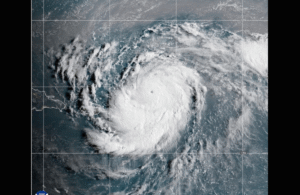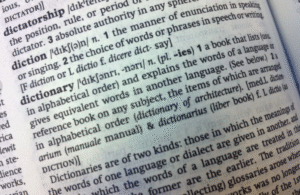On Friday, China strongly criticized the U.S. for what it called “coercion” after Panama decided not to renew a key infrastructure deal with Beijing. This decision followed pressure from the U.S., which threatened to take control of the Panama Canal.
A Chinese Foreign Ministry spokesperson, Lin Jian, stated at a briefing that China strongly opposes U.S. efforts to undermine its Belt and Road Initiative by using pressure tactics.
The Belt and Road Initiative, which is a major foreign policy effort led by President Xi Jinping, aims to strengthen China’s ties with various countries through the development of infrastructure like roads, railways, airports, and power plants. Although it has completed significant projects, the initiative has sparked concerns over debt and environmental issues.
Panama’s decision to walk away from the deal is seen as a move to appease the U.S., especially after U.S. Secretary of State Marco Rubio warned Panama’s president, José Raúl Mulino, that the country must reduce China’s influence over the canal area or face possible U.S. retaliation.
José Raúl Mulino, the president of Panama, has resisted pressure from the U.S. government to engage in talks about the ownership of the Panama Canal, a crucial waterway for global trade.
Some believe Panama may be willing to find a compromise regarding the Panama Canal, potentially removing the Hong Kong-based Hutchison Ports company, which has a 25-year no-bid extension to manage canal operations on both sides. An audit is currently underway to assess the extension’s validity, which could result in a new bidding process.
Meanwhile, a drought has caused a drop in water levels in the canal, leading to slower transit and complaints from President Trump, although these delays are unrelated to China.
Lin, a Chinese spokesperson, highlighted that the Belt and Road Initiative has seen active participation from over 150 countries, bringing positive outcomes to both Panama and China, though no specific examples were provided. Lin expressed hope that Panama would consider the long-term interests of both nations, resist external pressures, and make the right decision.













